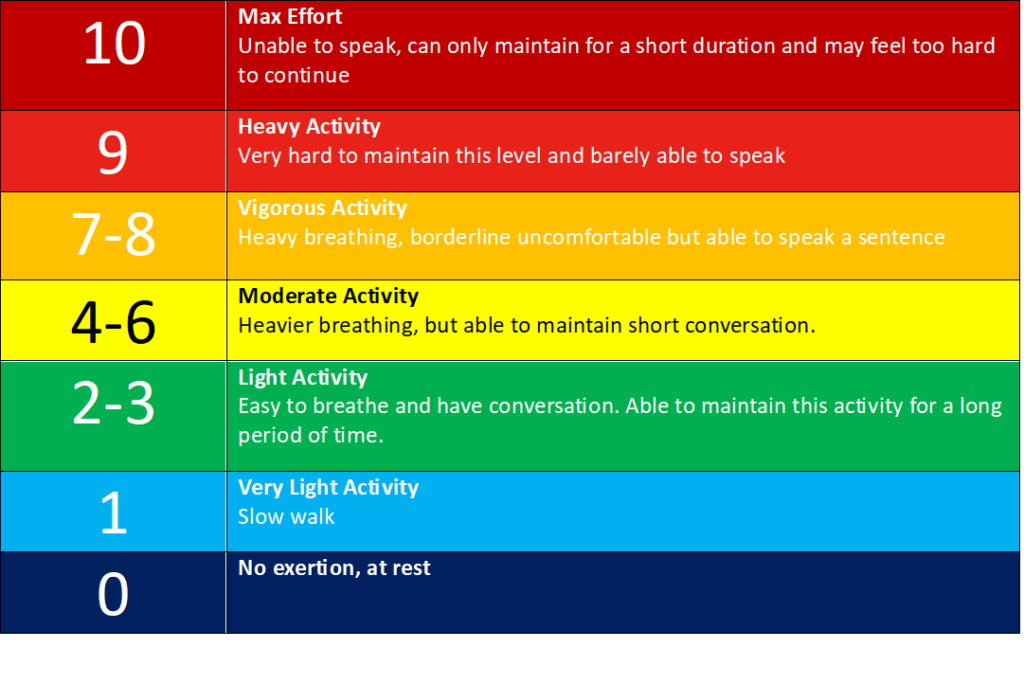
Erectile dysfunction (ED) is a common condition that affects many men worldwide. While it can be caused by various factors, including psychological and lifestyle issues, there is a significant association between ED and chronic health conditions. Unfortunately, many men are unaware that these health conditions can be a contributing factor for ED. Because of this many seek help from the little blue pill rather than making the necessary lifestyle changes that may be the route cause.
Lifestyle modifications should be addressed with ED to allow for overall improvement in health and wellness. We need to stop treating solely the symptoms, and focus on the root cause. Read on to learn how some common chronic conditions can increase the risk of ED.
- Cardiovascular diseases, such as coronary artery disease and high blood pressure, are known to contribute to erectile dysfunction. The arteries supplying blood to the penis can become narrowed or blocked due to atherosclerosis. This can reduce blood flow and hinder the ability to achieve or maintain an erection. ED can sometimes serve as an early warning sign of underlying cardiovascular issues.
- Diabetes is another chronic health condition that often coexists with erectile dysfunction. High blood sugar levels can damage blood vessels and nerves, leading to impaired blood flow to the penis and nerve damage, which can interfere with sexual function. It is estimated that more than half of men with diabetes experience some degree of erectile dysfunction during their lives.
- Obesity is a significant risk factor for both erectile dysfunction and several chronic health conditions. Excess weight can contribute to hormonal imbalances, reduced testosterone levels, and impaired blood vessel function, all of which can negatively affect sexual performance. By maintaining a healthy weight through proper nutrition and regular exercise, men can potentially reduce the risk of developing both obesity and ED.
- Neurological disorders, such as multiple sclerosis (MS) and Parkinson’s disease, can impact the nervous system’s functioning and lead to erectile dysfunction. Nerve damage disrupts the transmission of signals from the brain to the penis, affecting the ability to achieve or sustain an erection. Proper management of these neurological conditions can help minimize the impact on sexual health.
Knowing that ED is closely linked to these various conditions, it should be evaluated as more than a standalone issue and it should be recognized that the presence of ED can often serve as a marker for underlying medical conditions. Understanding the association between ED and various health conditions is essential. By recognizing the interplay between erectile dysfunction and chronic diseases, early intervention, lifestyle modifications, and appropriate treatment can be initiated, improving overall health and quality of life.
Many of the above conditions can be addressed with various lifestyle changes such as diet and exercise. These are factors that you can control and impact. Understanding the relationship and the long-impact is essential and we must do a better job of treating the underlying causes rather than simply treating the symptoms. If you have erectile dysfunction, or even if you want to help prevent your risk of erectile dysfunction lifestyle modifications are key. Here are few tips that can help.
- Diet: What are you consuming as fuel for your body? If you have a diet that is high in saturated fat, then you are placing yourself at higher risk of heart disease. Healthy fats tend to come from plants, and no I do not mean the overly processed plant based foods that we see popping up all over. I am talking about eating fruits and vegetables without all of the additives. Meat options should include lean meats with a lower percentage of fat. Also, studies have shown that limited amounts of red meat tend to be beneficial for our health as well. Salt and sugar are additional components of our diet that must be watched. So many processed foods today are loaded with salt and sugar to help increase the shelf life and to help them taste good. Avoiding boxed and pre-made foods can help you avoid unnecessary sugar and salt intake. Yes, this will take more time for meal preparation, but it can also directly impact your lifespan by improving your health.
- Exercise: The general recommendation for exercise is 150 minutes per week of moderate levels of aerobic activities and 2-3 days of strength training. Moderate activity indicates that there should be an increase in your heart rate to approximately 65-75% of your max target heart rate. An easier way to track your intensity level that does not involve math, is to use the RPE scale. (Check out the end of this article for the RPE scale).
- Sleep. Most Americans do not get enough sleep. A lack of sleep can have a cascade of effects ranging from hormonal imbalances, chronic pain, mental health concerns, and more! It is recommended that the average adult get 7-9 hours of sleep daily. And, once you miss out on sleep you can’t really make it up. Taking a 20 minute nap in the middle of the day is another way to help improve sleep habits, and has been shown to have a positive effect on health.
- Stress. Stress management and mental health are 2 important components that are often ignored in the American society, especially when it comes to men’s health. Seeking guidance from a mental health specialist if you are experiencing signs and symptoms of anxiety or depression is key. In addition to this, lifestyle changes such as exercise, sleep, meditation, and breathing exercises can help to decrease stress levels.
Rate of Perceived Exertion (RPE)

